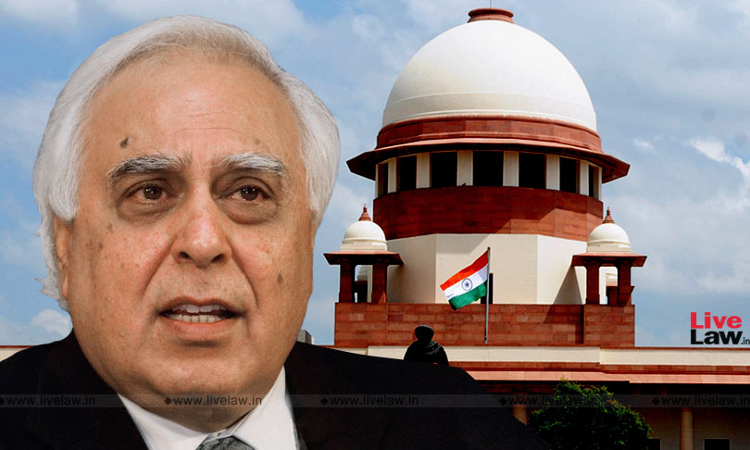The Supreme Court today commenced hearing the batch of petitions concerned with the interpretation of the Prevention of Money Laundering Act, 2002 ("PMLA Act").The matter was listed before the bench of Justices AM Khanwilkar, Dinesh Maheshwari and CT Ravikumar.Submissions Of Senior Advocate Kapil SibalWhole Purpose Of PMLA Was That Drug Money Is Not Channeled Into Organizations That Work...

